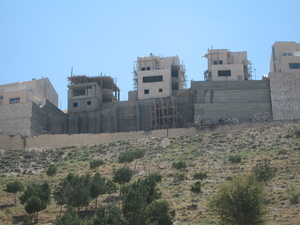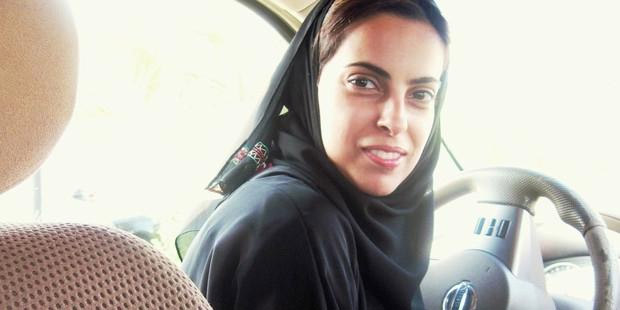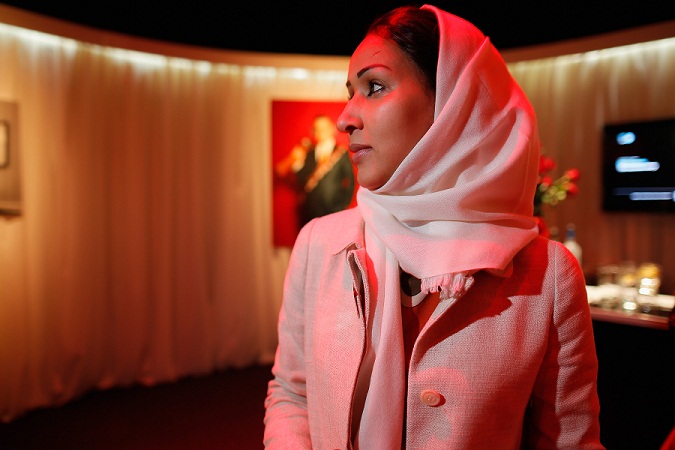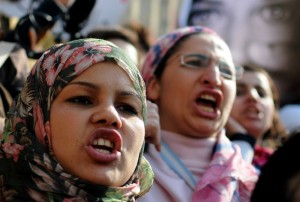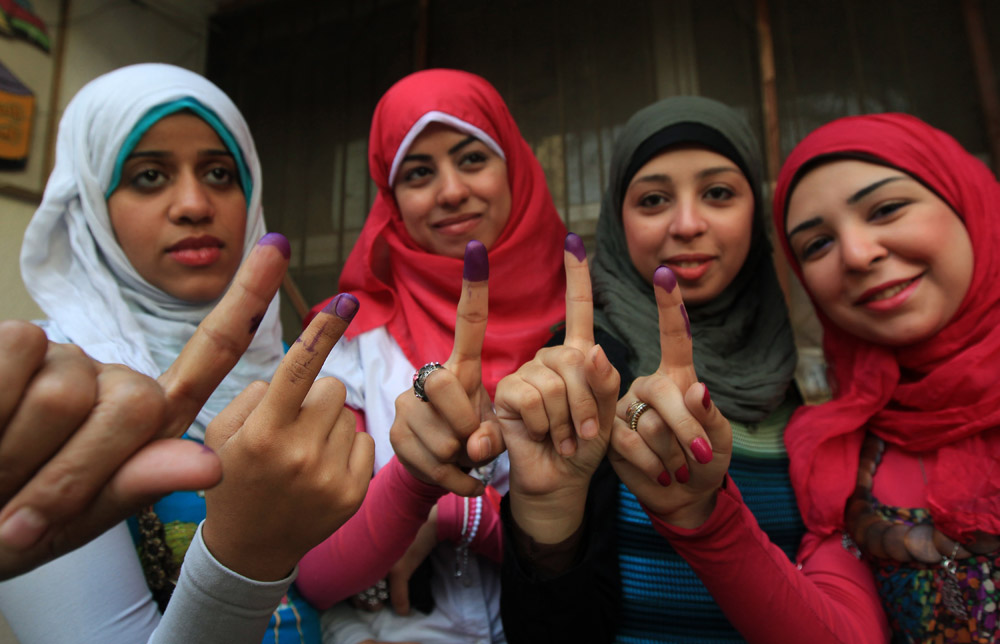Why would President Obama want a Yemeni journalist, known for his reports of human rights abuses, to remain in Yemeni prison?
That’s the question Abdul Ilah Haydar Shayi’ wants to know after two years in detention following his reports – later proven correct — that the United States was involved in a deadly attack on an alleged al-Qa’ida training camp which took place on Dec. 17, 2009.
Abdul Ilah Haydar Shayi’ was the first Yemeni journalist to allege US involvement in the missile attack on the community of al-Ma’jalah. Shortly after the attack – which killed 41 local residents, including 21 children and 14 women – he wrote articles and spoke to news channel Al Jazeera and newspapers. In addition, 14 alleged al-Qa’ida members were also reportedly killed in the missile attack.


